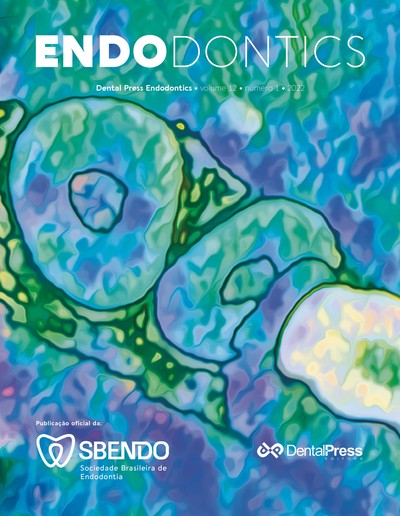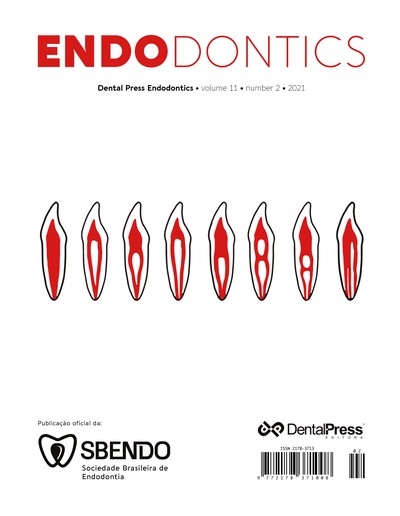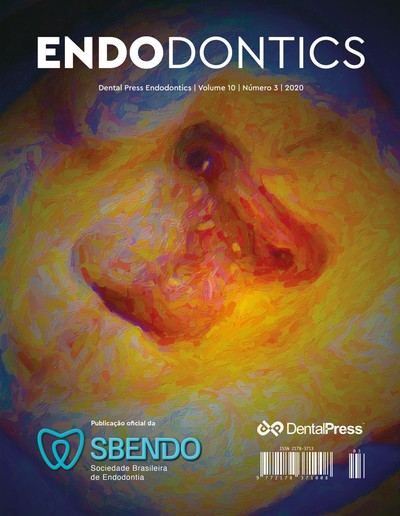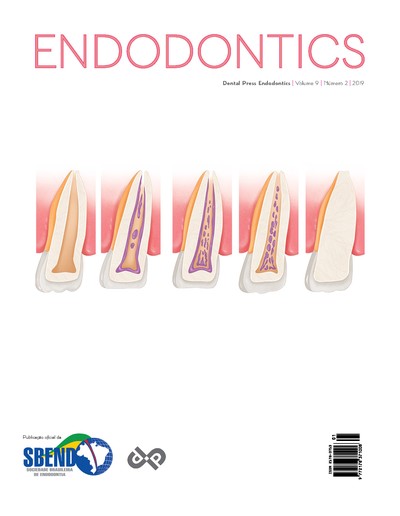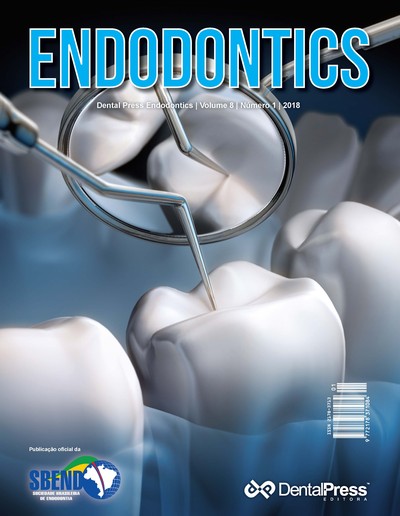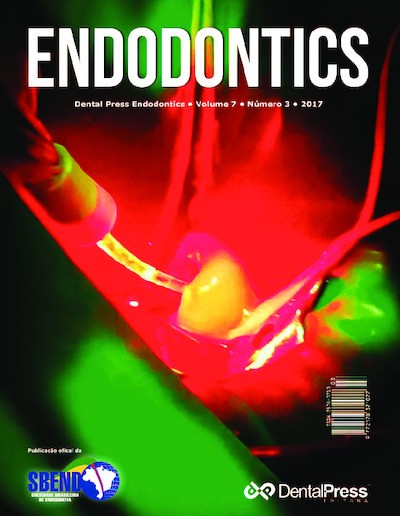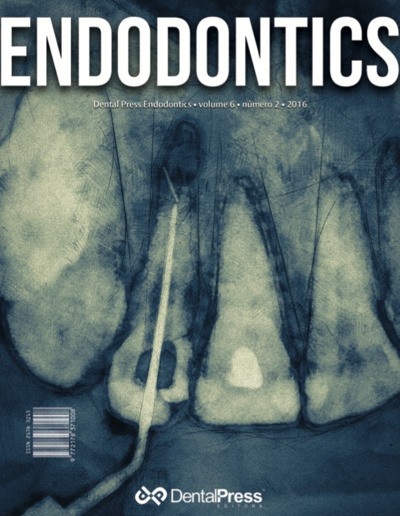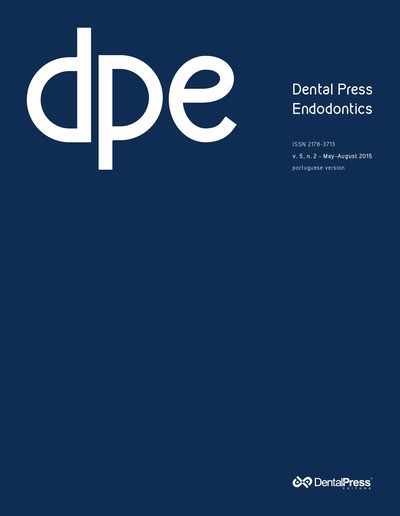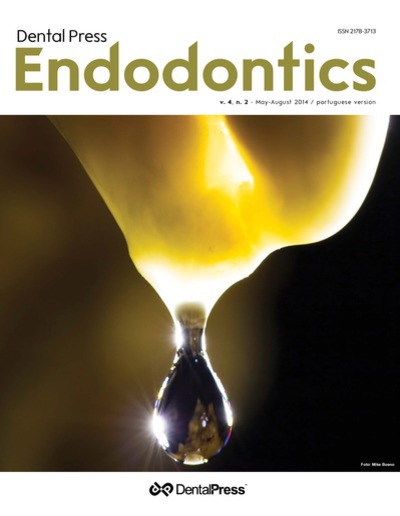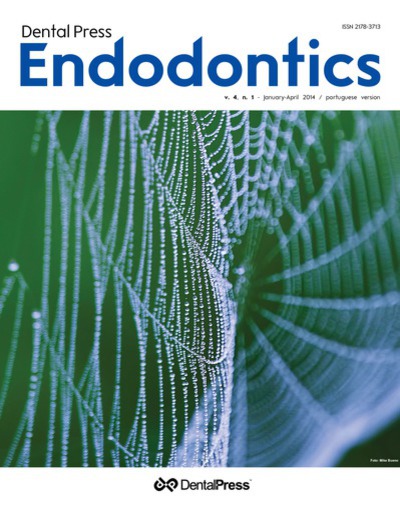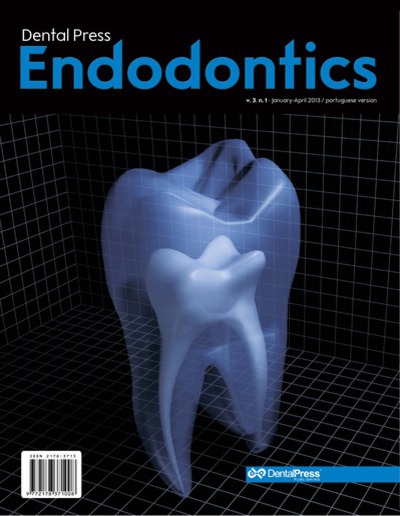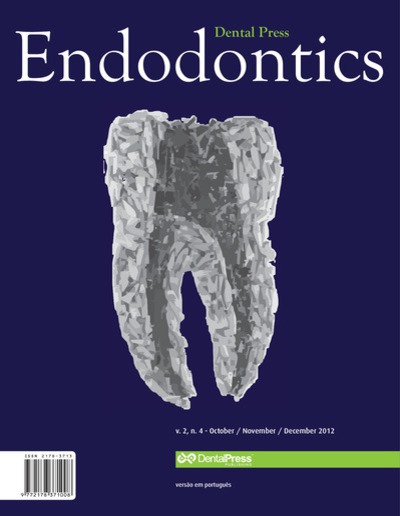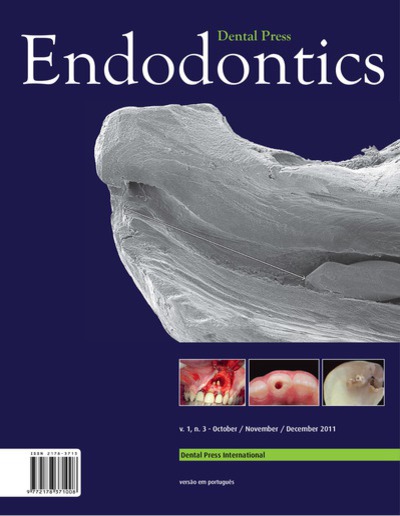
Revascularization failure of an immature tooth with inflammatory cyst
María Del Mar Jovani-Sancho, Ching-Jou Wang, Regina Gascón-Pellicer, Raquel González-Martínez
Aim: To analyze the possible failure causes of a revascularization treatment, including complications derived from the technique and adequate case selection. Methods: The following case report describes revascularization failure of a mandibular second premolar with an immature apex, presenting a fistula and a periapical lesion. Irrigation was performed with NaOCl, sterile saline solution and chlorhexidine, and an antibiotic paste comprised by ciprofloxacin, metronidazole and cefaclor was used as an intracanal medicament. Once the fistula disappeared, hemorrhage was induced from the periapex. As there was scant bleeding a blood-soaked collagen sponge was placed into the canal and the cavity access was sealed with MTA. Results: After one week the fistula reappeared and periapical surgery was performed, with excision of the lesion. The final diagnosis was of an inflammatory cystic lesion. After 12 months, bone regeneration was complete. Conclusions: The failure of this revascularization treatment may be due to the presence of an inflammatory cystic lesion. When proposing this treatment, the size and duration time of the lesion must be taken into account, informing the patient that periapical surgery could be necessary.
Keywords: Endodontics. Regeneration. Root Canal Therapy.
How to cite: Jovani-Sancho MDM, Wang CJ, Gascón-Pellicer R, González-Martínez R. Revascularization failure of an immature tooth with inflammatory cyst. Dental Press Endod. 2018 Jan-Apr;8(1):51-7. DOI: https://doi.org/10.14436/2358-2545.8.1.051-057.oar
Tuesday, April 16, 2024 13:24
